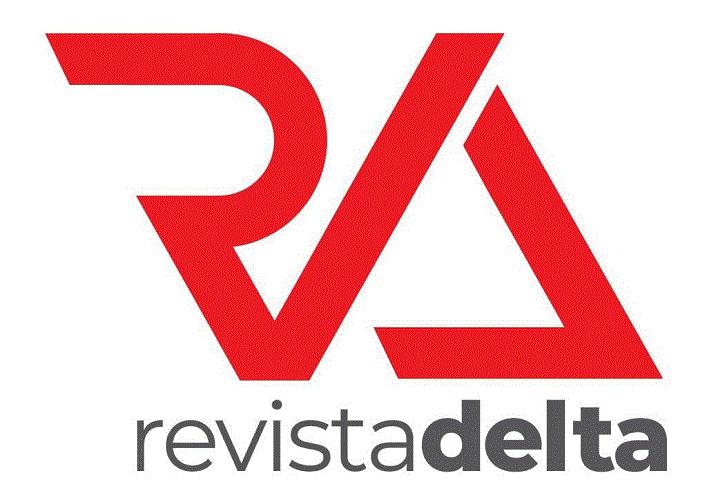ABSTRACT
The aim of this study is to present the theoretical perspective on genre and register of the so-called ‘Sydney School’; (Martin 1992MARTIN, J.R. 1992. English text: system and structure. Amsterdam: Benjamins., Martin and Eggins 2000_____; EGGINS, S. 2000. Genres and registers of discourse. In (editor)., cap. 9, Londres: Sage Publications Ltd., Martin and Rose 2008_____; ROSE, D. 2008. Genre relations: mapping culture. Londres: Equinox., Rose and Martin 2012_____; MARTIN, J. R. 2012. Learning to write, Reading to learn: genre, knowledge and pedagogy in the Sydney School. Londres: Equinox.), because it is a powerful theoretical and methodological tool for analysis of texts. This approach is based on Systemic-Functional Linguistics (LSF), whose origin dates back to the concepts of context and register defined by Halliday, Macintosh and Strevens (1964_____; MCINTOSH, A. & STREVENS, P. 1964. The Linguistic Sciences and Language Teaching. Londres: Longmans’ Linguistic Library.), who influenced Martin (1992MARTIN, J.R. 1992. English text: system and structure. Amsterdam: Benjamins.) in conceiving another perspective for the study of context, interpreting register differently from the notion established by Halliday. I then present the different interpretations of the terms ‘context’, ‘register’ and ‘genre’ within the systemic-functional paradigm, based on the multifunctional language theory developed by Halliday (1978_____. 1978. Language as a social semiotic: the social interpretation of language and meaning. Londres: Edward Arnold., 1985_____. 1985. Spoken and written language. Geelong, Vic.: Deakin University Press., 1991_____. 1991. The notion of ‘context’ in language education. In: Thao Le & Mike McCausland (Eds.). Interaction and development: proceedings of the international conference, Vietnam, 30 March - 1 April 1991. University of Tasmania: Language Education. p. 1-26. Reimpresso in M.A.K. Halliday (2007), Language and education. Volume 9 em The Collected Works of M.A.K. Halliday, Jonathan Webster (ed.). Londres & New York: Continuum. p. 269-290., 2002_____. 2002. On grammar. Volume 1 of Collected Works of M.A.K. Halliday. Jonathan Webster (ed.). Londres & New York: Continuum. Capítulo 15: 384-417., 2005_____. 2005. On matter and meaning: the two realms of human experience. Linguistics and the Human Sciences 1(1): 59-82.) and in the studies on context, text, register and genre developed by Hasan (1973HASAN, R. 1973. Code, register and social dialect. In: Basil Bernstein (Ed.). Class, Codes and Control: applied studies towards a sociology of language. Volume 2. Londres: Routledge & Kegan Paul. p. 253-292., 1995_____. 1995. The conception of contexto in text. In: Peter H. Fries & Michael J. Gregory (Eds.). Discourse in Society: Systemic Functional Perspectives. Meaning and Choice in Language: Studies for Michael Halliday. Advances in Discourse Processes Vol. L. 183-283. Norwood, NJ: Ablex., 2004, 2009____. 2009. The place of the context in a systemic functional model. In: M.A.K. Halliday & Jonathan Webster (Eds.). A companion to systemic functional linguistics. Londres & Nova York: Continuum. p. 166-189.), Matthiessen (1993MATTHIESSEN, C.M.I.M. 1993. Register in the round: diversity in a unified theory of register analysis. In: GHADESSY, Mohsen (Org.). Register analysis: theory and practice. Londres: Pinter Publishers., 2013_____. 2013. Register in the round: registerial cartography. Functional Linguistics, volume 1, Issue 1, October 2013 (Springer Verlag).) e Martin (1992MARTIN, J.R. 1992. English text: system and structure. Amsterdam: Benjamins.). Genres and registers are terms used by systemicists to refer to the meaning and function of variation between texts in the contextual dimension, as well as how texts resemble each other and are distinguished by expressing linguistic and discursively traces of the social context in which they are used.
Key-words:
context; genre; register; Systemic-Functional Linguistics



